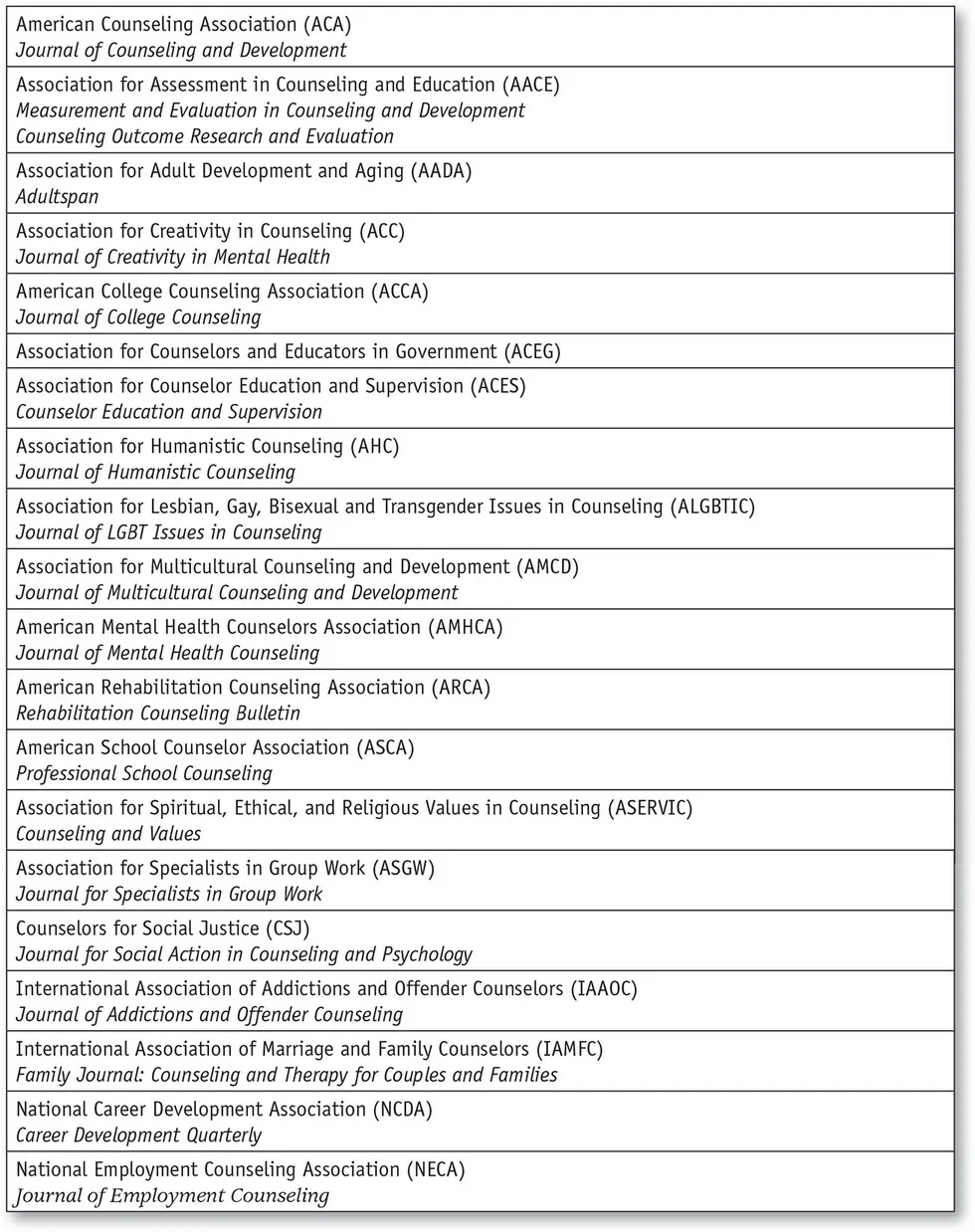
Clinical Mental Health Counseling
Elements of Effective Practice
J. Scott Young, Craig S. Cashwell
- 480 Seiten
- English
- ePUB (handyfreundlich)
- Über iOS und Android verfügbar
Clinical Mental Health Counseling
Elements of Effective Practice
J. Scott Young, Craig S. Cashwell
Über dieses Buch
Referencing the 2016 CACREP standards, Clinical Mental Health Counseling: Elements of Effective Practice combines solid foundational information with practical application for a realistic introduction to work in community mental health settings. Top experts in the field cover emerging models for clinical interventions as they explore cutting-edge approaches to CMH counseling. With case studies integrated throughout, students will be well prepared to move into practicum and internship courses as well as field-based settings. "An instant classic. Young and Cashwell have assembled a stellar group of counselor education authors and produced an outstanding, comprehensive, and easy-to-read text that clearly articulates and elevates the discipline of clinical mental health counseling. This book covers everything a CMHC needs to hit the ground running in clinical practice!" — Bradley T. Erford, Loyola University Maryland, Past President of the American Counseling Association
Häufig gestellte Fragen
Information
1 History and Evolution of Clinical Mental Health Counseling
Learning Goals
- Define the practice of clinical mental health (CMH) counseling and the unique elements of this counseling specialty
- Understand the history and development of CMH counseling as a specialty practice
- Describe the foundational principles and philosophy of the CMH specialty
- Understand the range of services provided by CMH counselors
- Identify the training, certification, and licensure required to practice as a CMH counselor
- Communicate effectively about models of CMH counseling
Foundational Principles of Counseling
- A wellness model of mental health
- A developmental perspective
- A focus on prevention and early intervention
- The empowerment of clients (Remley & Herlihy, 2010)
- An ongoing commitment to multicultural considerations
- A specialized body of knowledge. Counseling is clearly a field that produces a unique body of knowledge. This is evident from the fact that there are scientific journals that addresses the broad continuum of work that counselors do (e.g., The Journal of Counseling and Development).
- Systematic theory. A theory is an explanation of a certain set of observed phenomenon in terms of a system of constructs or laws that relate to one another. Counseling uses a range of theories that inform practice, including traditional theories of individual psychology (such as psychoanalytic, behavioral, and existential humanistic models) and theories of group interactions (such as family systems and group theory). More recent are emerging models of the most effective treatment of specific mental health concerns, such as trauma focused cognitive behavioral therapy to treat the effects of trauma.
- Special relationship between practitioner and client. Legal statutes and ethical standards make it clear that the work of CMH counselors exists within a specialized professional relationship that provides protection to the client. Accordingly, licensed counselors work under a set of unique legal and ethical responsibilities that are outlined both by licensure bodies with individual states and by professional association (e.g., The American Counseling Association).
- Societal approval. That counseling is recognized broadly as a profession is evidenced by state licensure, national credentialing, accreditation standards, and legal precedence. Furthermore, the fact that the services of counselors are reimbursed by both public and private payers makes it clear that there is broad social acceptance of the important role that counselors play in society. See Table 1.1 for an overview of counselor national certification and licensure.
- Standards for admitting and policing practitioners. Individuals can join the counseling profession only after completing a minimum of a master’s degree in counseling. Additionally, licensure by a state licensing board is required for independent practice. Each of the 50 U.S. states has licensure laws regulating the title and scope of practice of professional counselors. Typically, licensure laws govern title (who may use a title such as professional counselor) and practice (what a professional counselor can do). Once a counseling professional begins practicing, he or she can be charged for ethical violations of professional standards and be sanctioned by or dismissed from professional societies or from practice by licensure boards.
- Code of ethics. A unique code of ethics guides the decision making and professional practice of its members. At a minimum, CMH counselors operate under the ethical standards used by the appropriate state licensing board. If the CMH counselor holds additional professional memberships (e.g., American Counseling Association [ACA] or American Mental Health Counselors Association [AMHCA]) or credentials (e.g., National Certified Counselor), he or she is subject to additional ethical standards and codes of practice.
- Professional organizations and similar evidence of a professional culture. Many counselors belong to professional organizations such as the ACA and AMHCA. Additionally, many counselors are members of Chi Sigma Iota, the international counseling academic and professional honor society. CMH counselors also join specialty groups, such as the Society for the Study of Trauma and Dissociation, or attain specialty credentials, such as certified sex addiction therapist, that focus on more discrete populations and issues.

